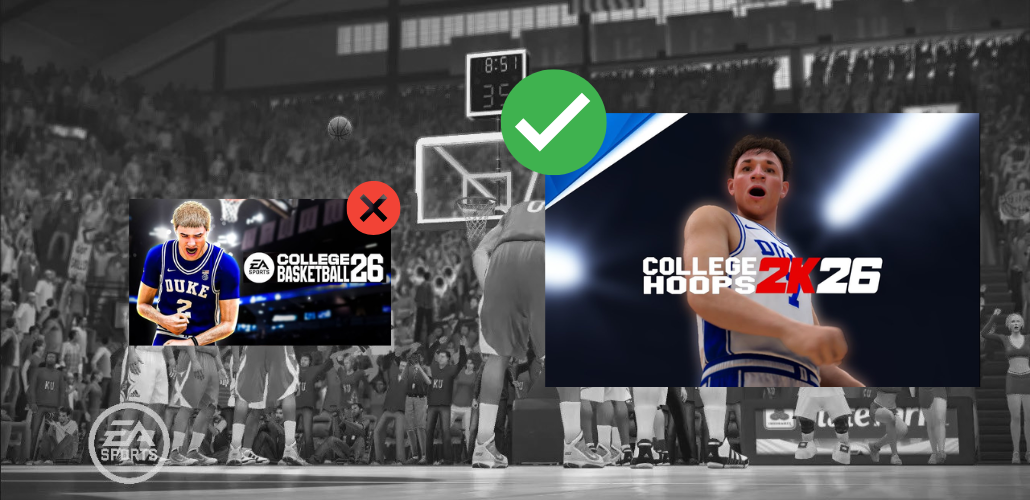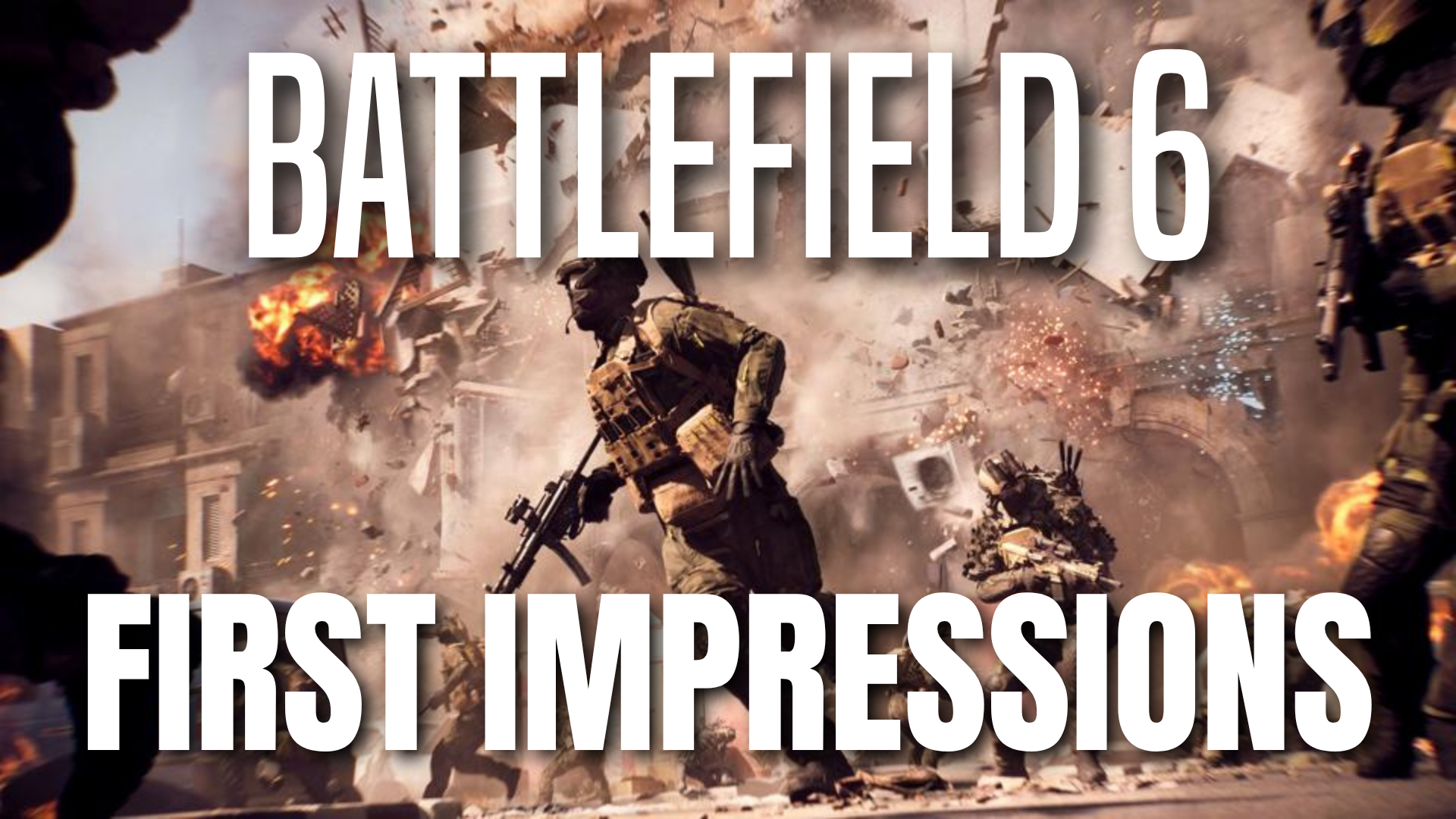Menu
Contact

Most talk a big game — others change it. In an unprecedented partnership, CXM teamed up with the beverage giant, Mountain Dew, to sponsor a series of collegiate gaming tournaments. But this was not just about promoting their brands. They had a larger, more significant objective - supporting Black College students.
In a bid to promote diversity and provide equal opportunities in the gaming world, CXM and Mountain Dew pledged to provide $1M in scholarships and prizes to Black College students through these tournaments. These funds are aimed at supporting the educational endeavors of these students, many of whom have been historically underrepresented in both higher education and the gaming industry.
By integrating competitive video game play with financial support for education, CXM and Mountain Dew are not only promoting diversity in gaming but also contributing to the broader goal of educational equity. This initiative is a promising step towards a more inclusive and equitable gaming community.
The tournaments themselves serve as a platform for competition, camaraderie, and networking among students from various institutions. They showcase the strategic and teamwork skills of the participants, while also promoting a more inclusive and equitable gaming community. This initiative by CXM and Mountain Dew sets a promising precedent for future endeavors in the gaming industry

Thanks to PlayStation’s State of Play, we now get a preview of what looks to be a worthy reboot for the iconic globetrotter.

According to reporting from Extra Points, EA has rescinded its licensing proposal after enough schools nationally chose to license with 2K instead.

It’s been four years since Battlefield 2042. That game built hype with massive maps, immersive gameplay, and the promise of dynamic weather — ambitious, to say the least. But what we got was a buggy mess with busted servers and missing staple features, even non-negotiables like in-squad voice chat. The backlash was immediate: negative reviews poured in, and some players demanded refunds. With 2042 widely seen as a failure, EA went back to the drawing board, bringing together four of its most talented teams to create a game that could both redeem and revive the franchise.